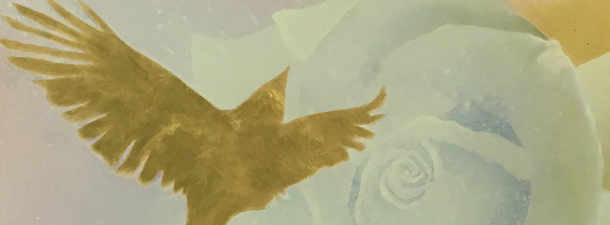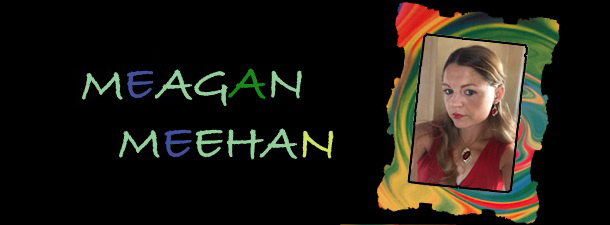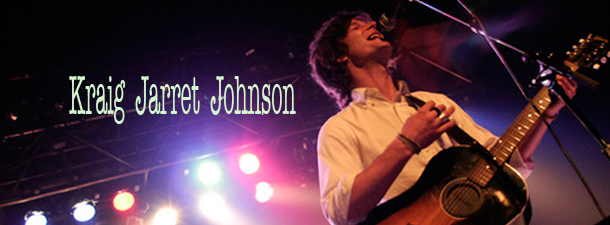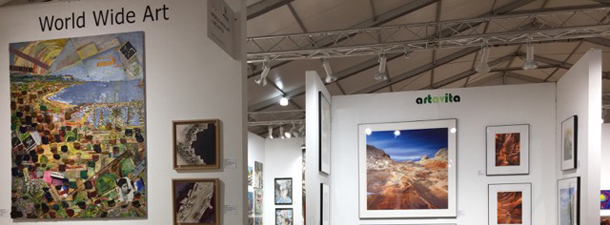Paintings & Splatter Patterns: Interview With Artist Socrates Marquez
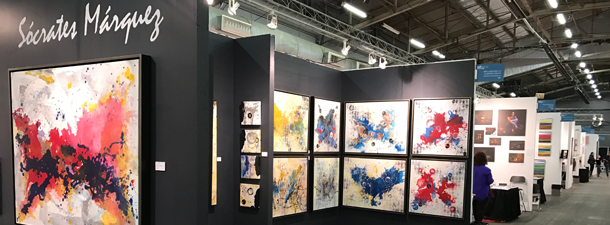
Socrates Marquez is a Dominican born, self-taught and artist who was presented with a ArtExpo New York SOLO award. Socrates is known for his use of bold string-mop markings combined with images and his signature paint-splatter technique allow him to create pieces of art that are vibrant and stimulating, pulling the viewers in and inviting them to a journey of discovery and self-interpretations within the “cohesive intentional chaos” he creates.
Sócrates was named by Art Business News, the art industry news leader since 1977, as one of the Top Emerging Artists of 2014. Guided by a sense of freedom, spontaneity and attention to process, he explores different subjects and mediums to create artworks that are both compelling and aesthetics. Socrates expresses feelings through colors and images that sometimes are drawn from the subconscious and other times from his daily surroundings. Texture is the most distinctive mark of his work as he creates layers of textures and purposely lets the forms evolve as he works through the painting.
Socrates recently discussed his work and his hopes for the future:
Meagan Meehan (MM) of Entertainment Vine: What inspired you to become an artist and how long did it take you to develop your style?
 Socrates Marquez (SM): I never set out to be an artist. Growing up in the Dominican Republic, I had to study something that could provide a living, like being a doctor, a lawyer or an accountant. I am self-taught and art just happened as a “happy accident”.
Socrates Marquez (SM): I never set out to be an artist. Growing up in the Dominican Republic, I had to study something that could provide a living, like being a doctor, a lawyer or an accountant. I am self-taught and art just happened as a “happy accident”.
After moving to a new apartment in The Bronx back in 2006, with the anxiety of the new place coupled with a major project I was working on, I started changing my wall colors almost every weekend. Long days at work plus busy weekends painting the walls were wearing me out – until one day I decided to buy a few canvases and try the colors out – my thought was that if I didn’t like the color, I could always paint over the canvas much easier than painting an entire wall. With this in mind, a new passion was born. I found that there was a natural flow and certain familiarity between the canvas, the colors and I. Choosing color combinations and creating layers and textures felt so natural and normal.
I didn’t have any preconceived idea or art education. Rules or color theory were unknown to me so painting it was just fun. I suppose my style was already hidden within me somewhere.
Not long after I started, a friend who was trained in the arts heard I had started painting so he stopped by to see me paint. He encouraged me to continue to do it. He “felt” I was unto something. I continued to do it, much for fun than expecting anything out of it, until a coworker asked me to participate on a little fundraiser art show she was planning to have in our office on Park Avenue.
MM: Your early work looks like that of Jackson Pollock. How did you define it to put your own unique spin on it?
SM: Ha Ha Ha! Funny you ask! I didn’t know who Pollock was until much later after I started painting. I had given one of my paintings to a friend, and a friend of his came to visit. The friend was impressed with the original “Pollock” until my friend corrected him that this was just a piece of work done by a friend.
Later on that day, he came to see me and asked me to do some research on “Pollock” – to my surprise there was certain similarity in our works – but it was too late for me to question my style – I had found it and developed it on my own so I was determined to push it even further to set myself apart. When looking at my work, once past the first impression, the viewer can see a more layered and elaborate work, so powerful that it can definitely stand on its own.
MM: How did you initially break into the art scene and make connections with galleries, industry professionals, etc.?
SM: Getting into the art industry takes patience and quite a few rejections. In 2012 I joined my first art trade show. I came in as the underdog, with no trade show experience and unsure of how people were going to react to my work. During the event I looked at the best artists and asked about what worked, what didn’t. I took all this learning and applied it to my next show, which landed me as one of Artexpo SOLO Award winners. Once people see that you are serious about your craft and that you mean “BUSINESS” then they are more open to have a conversation with you.
Once you establish that you have a strong body of work and distinctive style, it gets much easier to approach or to be approached by galleries and publishers.
MM: Your latest pieces include depictions of bubbles. How did you get the idea to add that feature?
SM: The “bubbles” have been part of my body of work since around my beginnings. In some series they are more evident but in others more subtle, as if almost hidden and lost in the background. For me, they represent completeness and cohesion within the “intentional chaos” I create. They ground the viewers and then take them into a journey around the painting.
MM: How many pieces of art are you responsible for, do you have any favorites, and are you planning to branch out into any new mediums and styles soon?
SM: Since my early beginnings I have always been a very prolific painter. The best way to hone in and master your craft is through practice and experimentation. I believe that within the span of 10 years, I’ve created over 1,000 paintings, and of course, it is difficult to have a favorite but from time to time you create a piece of work that for some reason you find hard to let go. By the time I am done with any of my work I consider it done because I have reached a point where I am happy with the outcome and I love the result, otherwise the work is not done. So to your question, there’s always the opportunity to improve and evolve your craft, I keep that in mind whenever I am working on every painting. I want my next painting to be better than my last – without compromising my signature style. It is very hard to have a favorite when you put the same passion and love into each and every one of the artwork you create.
MM: You are now represented by a gallery in Hawaii! How did that happen?
 SM: This is very exciting! I met Harte International Galleries during last year’s Artexpo New York. Our partnership is fairly new. Thus far things are progressing very well!
SM: This is very exciting! I met Harte International Galleries during last year’s Artexpo New York. Our partnership is fairly new. Thus far things are progressing very well!
MM: Your work will be in a private sale/showroom in Las Vegas in May. How did you set that up?
SM: As a matter of fact, this is a Private Event hosted by Harte International Galleries. The event will showcase pieces by outstanding talent from the contemporary art world as well as classic works by globally-lauded masters like Picasso, Miro, Chagall, to name a few.
They invited me to be part of the event. I am extremely excited as this is a great opportunity for me to introduce my artwork to a different audience. The event will take place on May 20, 2017 at the Four Season Hotel in Las Vegas, where the Harte International gallery will provide a world class event with 5 star food, beverages and entertainment for over 200 collectors from all over the world already confirmed to attend.
MM: What are the most rewarding aspects of being a professional artist? What suggestions can you give to others who are trying to enter the field?
SM: The most rewarding aspect of being a professional artist is that you can inspire others but most importantly that you can use art as a tool to help others. I know sometimes it is hard for an artist to cover expenses and even to make a living so the thought of helping others could be daunting – but it is possible. My recommendation is that you get involved in community events, donate a piece of work for some local cause or reach out to your collectors to see if there is anything they are working on that you can be of help. Ask them to keep you in mind for any future fundraiser events they may get involved with.
I am co-founder and board member of Clean Water for Children, a non-profit organization formed by several colleagues of mine. One of my colleagues had visited India and had a firsthand impression of the dire condition in which women and children are living and how limited they are in getting just the basics, like fresh drinking water. With that in mind we set out to form an organization to raise awareness of the global water crisis, while trying to contribute to provide clean water for undeveloped countries where access to fresh water is limited. We are currently working in the village of Sukumari (roughly 120 KM outside of Calcutta, India) where water wells are being built. Thank you to contributions from our supporters, we have already built three wells and we are committed to deliver about 12 wells by the end of 2017. Each well provides drinkable fresh water for about 1,200 individuals.
Now, back to your question, my overall recommendation to any artist is: work hard, master your craft and pay it forward.
* * * * *
To learn more about Socrates, visit his official website.
